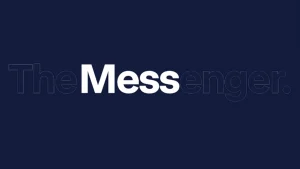Social media giant Facebook said on Monday that it will roll out its news platform in Germany from May that will provide articles from around 100 existing German media outlets, reported AFP. In a statement, the US-based tech giant said, “Facebook News, a place dedicated to journalistic content will launch in German in May 2021, adding that it would offer content from a “strong and diverse range” of German titles.
Launched in the US in 2019 and in the UK this year in January, the news platform delivers users of the world’s leading social network, curated news content bought from traditional publishers.
Facebook will pay publishers for their content, with the list of German partners ranging from prestigious national weeklies such as Die Zeit and Der Spiegel to regional dailies like the Rheinische Post.
In total, Facebook claims the German platform will host “more than 100 media brands”, including major groups such as Funke and Conde Nast.
Yet it will not include German media giant Axel Springer, which owns top national titles such as Die Welt and the country’s most widely read Bild daily.
“We consider it problematic that some platforms are on the one hand trying to become news media themselves, while at the same time fobbing off publishers with disproportionately low payments,” an Axel Springer spokesman told AFP.
“We advocate for a European copyright which allows all media companies to receive reasonable remuneration.”
Facebook claims its platform will help German media companies “win new readers, monetise content and expand business model in a sustainable and long term way”.
Media companies have struggled with dwindling advertising revenue and print sales as content has moved online and become available for free, forcing a host of titles to close.
In an attempt to redress the balance between traditional media and modern tech giants, the European Union included a so-called “neighbouring right” in its 2019 reform to copyright law, forcing digital giants to sign remuneration agreements with media companies.
Yet Facebook is yet to sign any such agreement, preferring instead to focus on its own initiatives such as Facebook News and the Facebook Journalism Project.
In February, Facebook blanked out the pages of media outlets for Australian users and blocked them from sharing any news content for several days, in protest at proposed legislation to force it to pay for journalistic content.
It eventually ended the blackout after reaching a last-ditch deal with Australian lawmakers.






